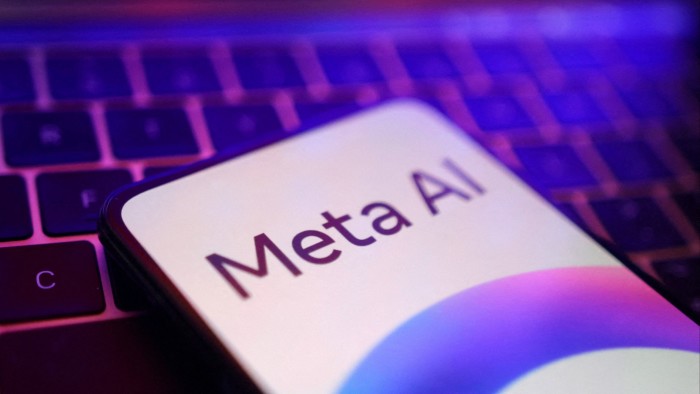
SAN FRANCISCO – In a significant victory for technology companies, a federal court ruled on Wednesday that Meta’s use of millions of books to train its artificial intelligence models falls under “fair use,” a decision that could have far-reaching implications for the tech industry.
Immediate Impact
The case, initiated by a group of authors including Ta-Nehisi Coates and Richard Kadrey, challenged Meta’s use of a vast library of online books, academic articles, and comics to develop its Llama AI models. The authors argued that the $1.4 trillion social media giant had infringed on their copyrights.
However, San Francisco district judge Vince Chhabria ruled in favor of Meta, stating that the company’s use of these works was protected under copyright law’s fair use provision. The ruling is a substantial win for tech companies that rely on copyrighted materials to enhance AI technologies.
Key Details Emerge
The court’s decision emphasized that Meta’s development of a “transformative technology” justified its use of the copyrighted materials, regardless of how the works were acquired. This case is one of many ongoing legal battles where creators are seeking financial rights for the use of their works in AI model training.
“This ruling does not stand for the proposition that Meta’s use of copyrighted materials to train its language models is lawful,” Judge Chhabria noted. “It stands only for the proposition that these plaintiffs made the wrong arguments and failed to develop a record in support of the right one.”
Industry Response
The decision is the second legal victory in a week for AI developers. Earlier, a federal judge ruled in favor of San Francisco start-up Anthropic in a similar case. Anthropic’s Claude models were trained on legally purchased books, which the court also deemed to be fair use.
However, the judge indicated that further trials would be necessary to address claims of digital piracy involving millions of books used for training purposes.
Background Context
The Meta case involved the use of LibGen, an online shadow library that hosts content without permission from rights holders. Judge Chhabria suggested that a “potentially winning argument” could involve market dilution, highlighting the potential damage caused to copyright holders by AI-generated products.
“People can prompt generative AI models to produce these outputs using a tiny fraction of the time and creativity that would otherwise be required,” Chhabria added. He warned that AI could “dramatically undermine the incentive for human beings to create things the old-fashioned way.”
What Comes Next
Meta and the authors’ legal representatives have not yet responded to requests for comment. The decision underscores the ongoing tension between creators seeking compensation and tech companies advancing AI technologies.
As the legal landscape continues to evolve, this ruling may serve as a precedent for future cases involving AI and copyright. Industry experts suggest that further clarification on fair use in the context of AI development will be essential as technology continues to advance.




